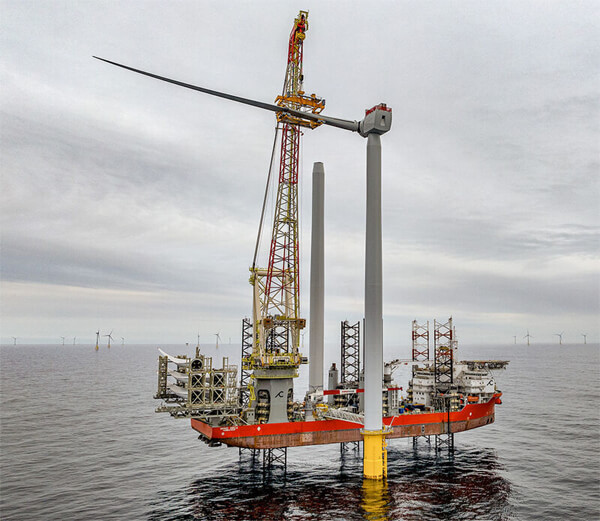Govt mandates One Towing Vessel at all Major and Non-major Ports in India handling over 10 MMT Cargo annually, to bolster maritime safety
NEW DELHI : The Indian government has proposed a rule requiring all Major or Non-major Ports that handle over 10 million metric tonnes (MMT) of cargo annually to station at least one emergency towing vessel on-site in a decisive step to bolster maritime safety. This directive, issued by the Directorate General of Shipping, comes in the wake of recent maritime mishaps and is aimed at ensuring swift response during port-level emergencies, including oil spills, ship grounding, and firefighting needs.
The proposed regulation is designed to improve India’s maritime emergency preparedness, particularly in high-volume cargo ports where risks of incidents like collisions, groundings, or oil spills are elevated. Senior authorities emphasised that equipping ports with a dedicated towing vessel enhances response time and mitigates potential damages to marine ecosystems and infrastructure. The rule applies to both public and private ports handling 10 MMT or more annually, which covers a significant portion of India’s shipping landscape. These towing vessels must remain on standby 24×7 and be capable of handling multipurpose emergency functions such as towing disabled vessels, controlling marine fires, or assisting in anchoring operations during rough weather. The plan also seeks to align Indian port protocols with international maritime safety standards, particularly as cargo volumes and ship sizes increase. Port authorities are expected to comply with the mandate within a defined timeframe, following a structured implementation framework monitored by maritime regulators.
By mandating at least one towing vessel at all high-volume ports, India is addressing a critical gap in its maritime emergency response strategy. This policy aims to ensure faster reaction during accidents, contain marine pollution, and protect vital infrastructure. Port authorities across the country must now align operations with the new safety norm, ensuring compliance through timely procurement and deployment. The initiative not only enhances safety but also projects India as a responsible maritime nation embracing global best practices. As maritime trade intensifies, such forward-thinking measures will be key to sustainable port management and national security.





